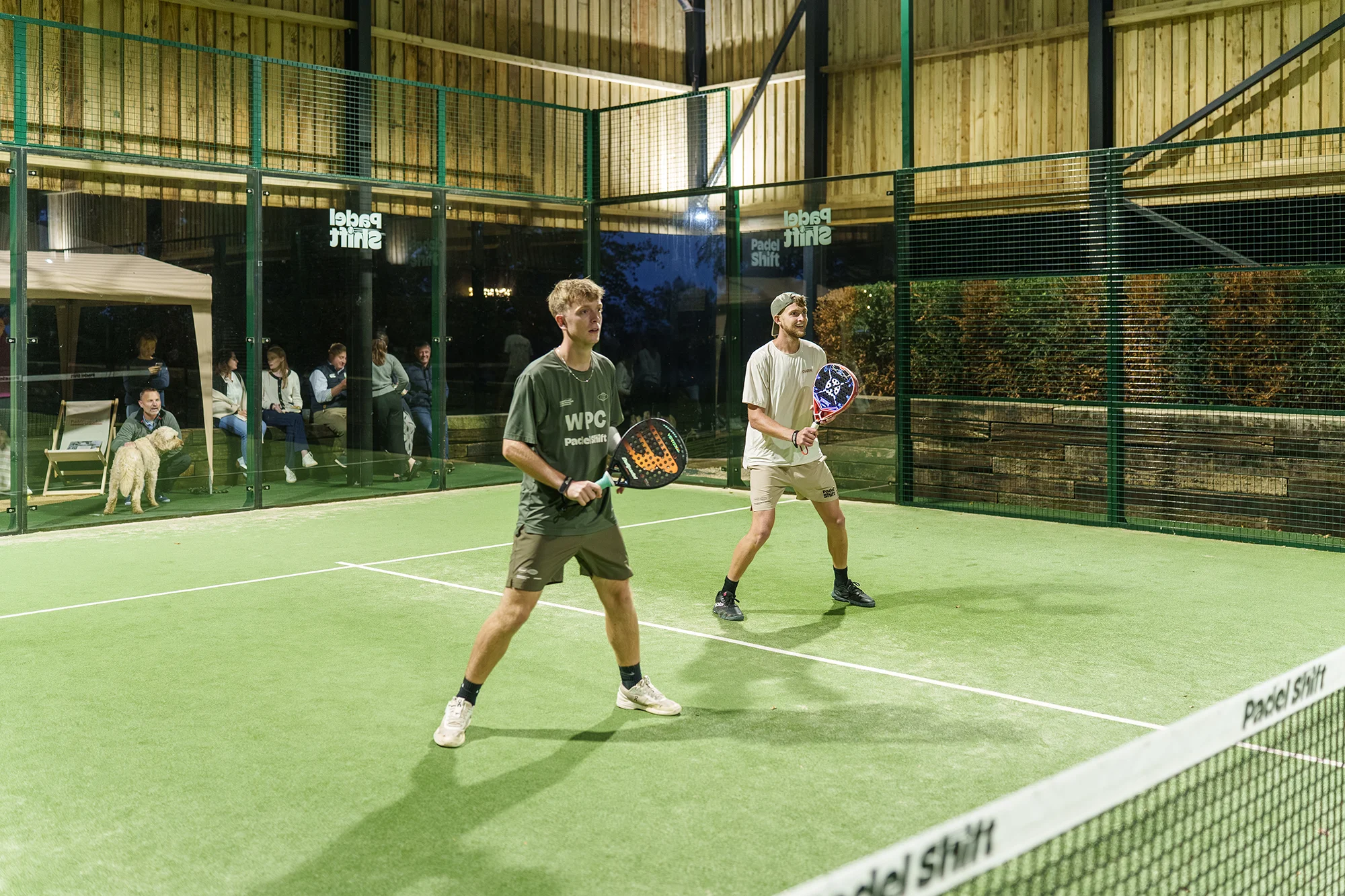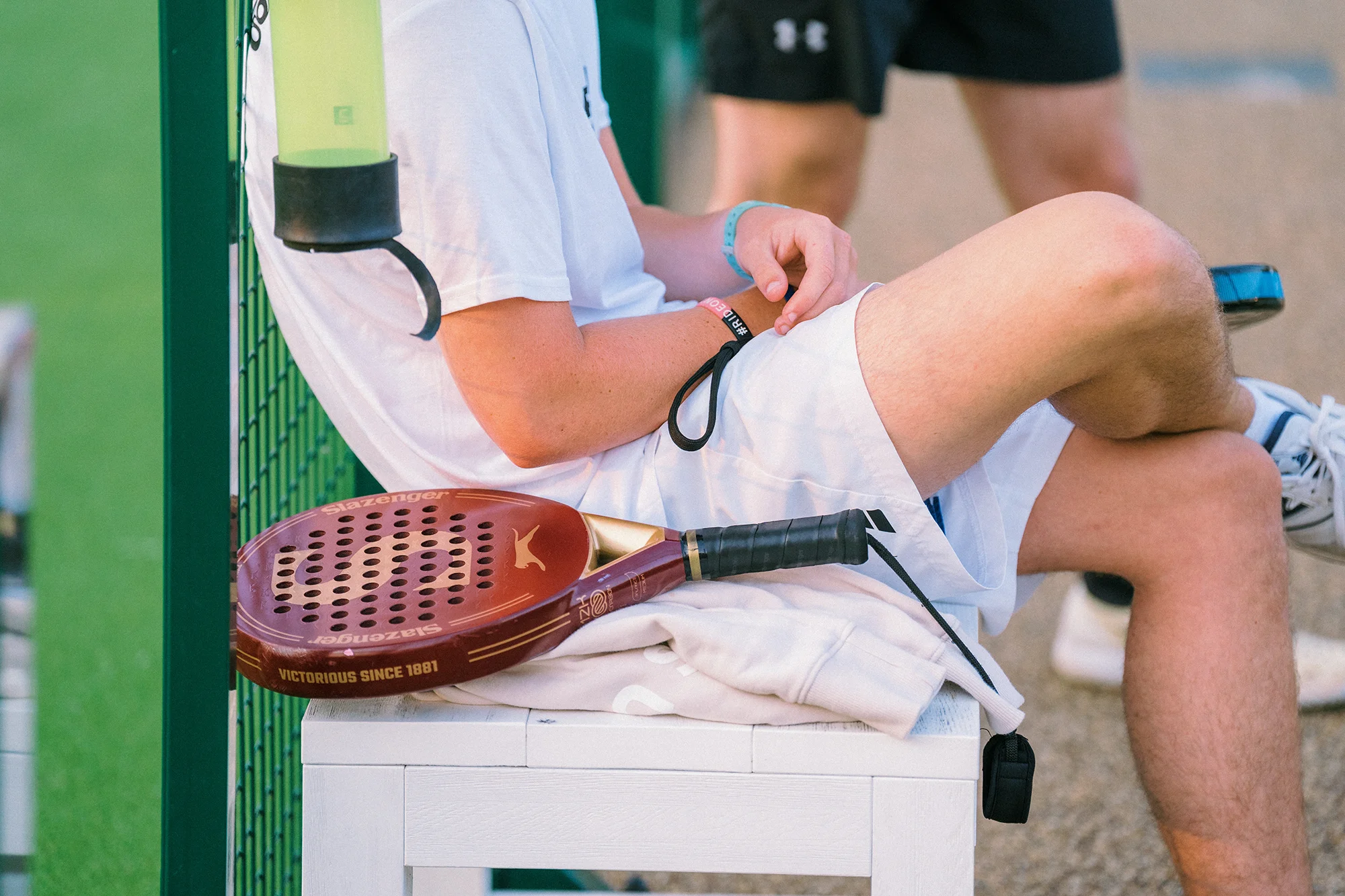Lessons learnt in Barcelona



Coaching padel in the UK is amazing, I love it. But you are always acutely aware that there is another European country that has become the padel behemoth when it comes to coaching and producing top players. This country is Spain.
A few times a year I try to organise training at academies in Spain to work on my own playing level, but also coaching trips to learn from some of the best and see how they do it in padel’s adopted homeland. So far, these experiences have proven to be invaluable to me as a player and a coach. This last weekend we traveled to Barcelona to work with globally recognised padel coach - Fede Vives Ribas, and I thought it would be useful to share some of our learnings and experiences.
One thing that struck us right away was that Spanish players, no matter what their level was, like to look the part.
Every player whether they were advanced, or could barely make contact with the ball was head to toe in Bullpadel or NOX - looking like sponsored athletes about to go and play on the World Padel Tour! Phrases like ‘all the gear no idea’ sprang to mind, but it shows they are completely fanatical about the sport! They take it all VERY seriously, regardless of natural ability. Stern faces, fist bumps and high fives were commonplace during even the lowest level matches. They play a much more methodical, slower game with real patience, and very rarely do they take risks and play fast. For them this is ‘real padel’, and we are imposters who play a tennis hybrid!! Players, even at a low level are comfortable with the glass and use it proficiently to slow the game down.
I believe this is because of the approach to coaching they have which they have perfected over a long time, due to padel being around so much longer. Many of the on court drills we learnt had 6-8 cooperative shots, before you could even try to win the point. Everything was about control and controlling the speed of the ball. There was a patient approach from the coaches, allowing things to be messy along the way, with confidence that what they were delivering is worth persevering with to better their players. The coaches at the centers we visited let things play out for a long time, they didn’t get itchy feet when things didn’t go to plan, or players couldn’t execute the drill. They gave a few succinct points and continued until things started to improve. We are guilty in this country of using exercises like ‘hit a lob and play the point’ which encourages shorter, more aggressive rallies. If you are asked to hit 6 lobs in a row, before starting the point, this requires serious focus - something that all good players need to possess.
We warmed up by hitting 12, 16, 20 shots using very simple patterns like lob followed by defensive smash, or volley to back glass. But watching people play and joining a few matches ourselves, we realized that’s what padel looks like in Spain - it’s slow, methodical and all about control and reducing mistakes, not smashing opponents off the court.
I think we can take a lot from this at our clubs in the UK. We have a ‘match culture’ in this country. We are all guilty of entering the court, hitting 5 balls and saying ‘lets play’. Then what usually ensues is a match with little control and structure. As a coach I would implore you to work on long shot sequences, working together, using the glass and changing position in the court, with the main focus of playing within your limits and not making mistakes. Focus on having the longest rally or sequence you can, rather than finding joy in the fact you hit one incredible smash, even though you followed it with 7 in the net, or straight into the back glass! This is what padel is all about, even at higher levels - finding the best pace you can hit consistently - if you can’t hit at that pace for 8 or 9/10 shots, then you are playing too fast. How can we expect to be consistent and use the glass efficiently if we play the same 4 people, can get away with the same bad habits and never train to play long, slow consistent points?
If you can, I would always recommend to have a 1-1 or 1-2 lesson on some of the aspects you find most difficult. Then when you go back to playing your regular matches with friends you can have one or two points to concentrate on, which will give you more focus in your matches. Don’t come to a 1 hour lesson and say - “I want to work on the glass, my bandeja, my vibora, my backhand, oh and my volleys aren’t great and I could do with working on my movement”. Choose one thing at a time and you’ll see better results.






